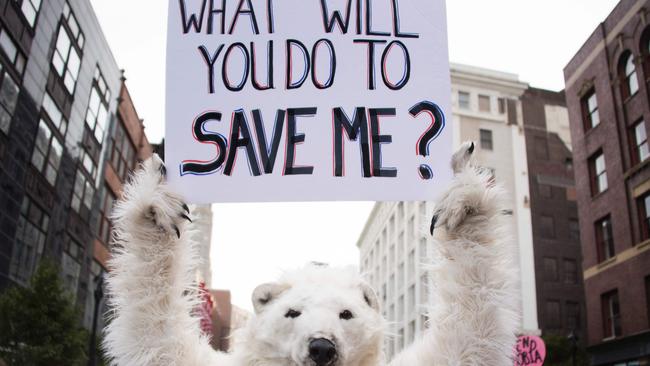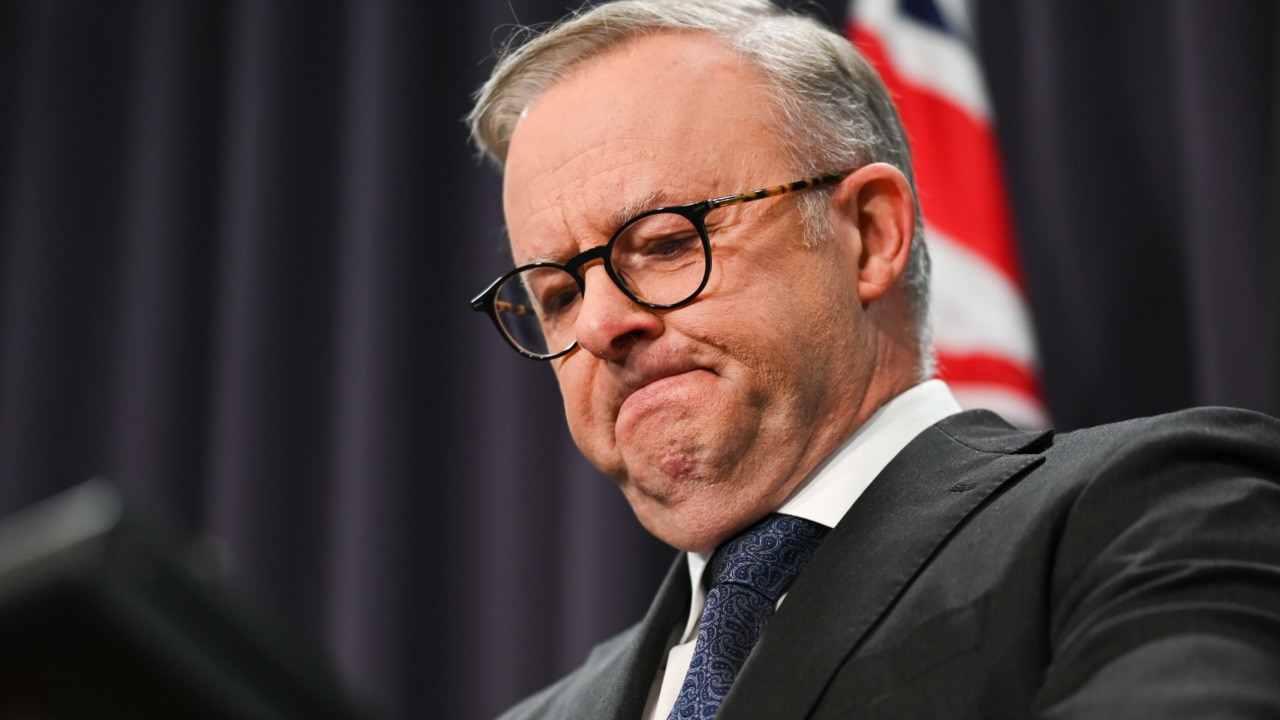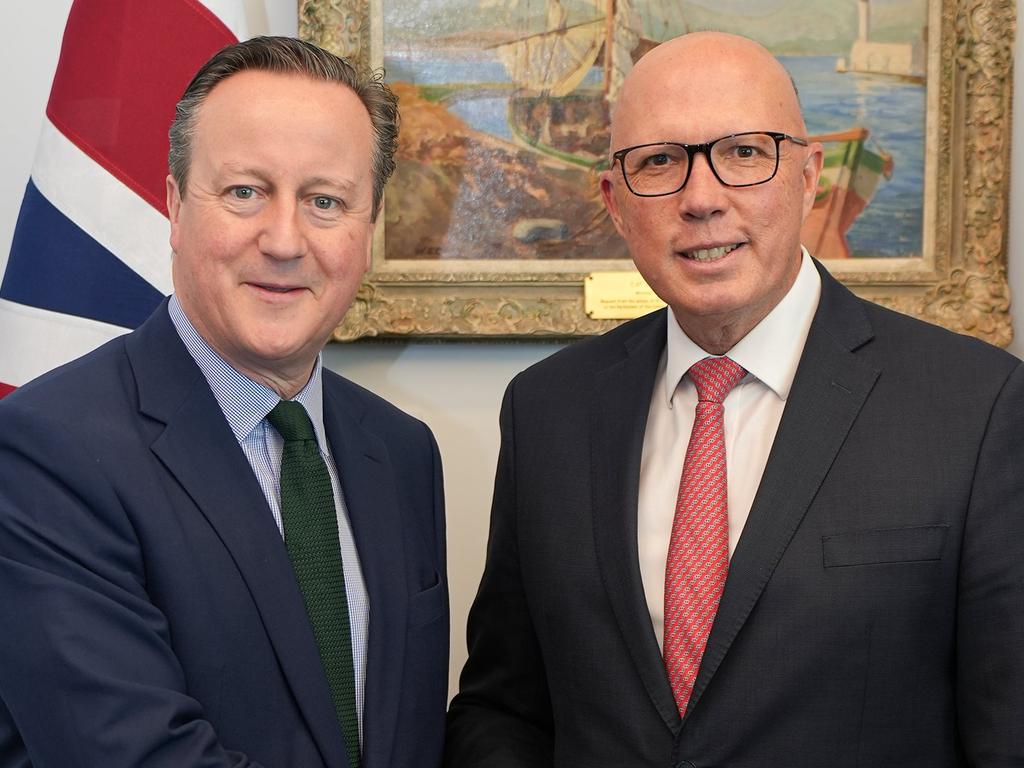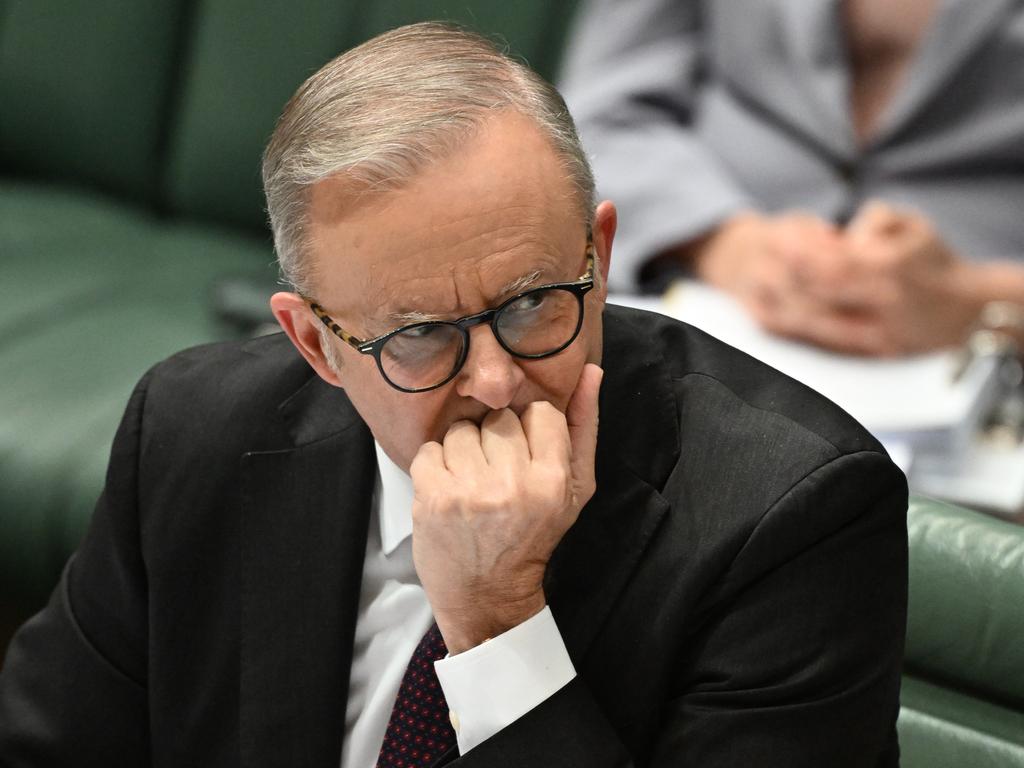
Being rejected in favour of rival bidder Turkey, is something the Opposition Leader no doubt would consider to be a plus.
The non-binding compromise at the heart of the Paris Agreement that allowed US president Barack Obama to sign it without seeking the approval of congress makes the Paris Agreement a voluntary affair. Peer pressure is the only tool at the UN’s disposal.
Donald Trump shows what the UN thinks of non-conformers. Trump pulled the US out of the Paris Agreement immediately upon election as US president but was not allowed to leave until it was too late and he was effectively out of office.
Put bluntly, if countries were excised from the Paris Agreement for not meeting high expectations, it would be a gathering of none. Despite years of theatrics and trillions of dollars spent on decarbonisation, global carbon dioxide emissions continue to grow. Meeting the Paris Agreement aspirational target of limiting global warming to 1.5C above pre-industrial levels is not in sight.
The latest Climate Action Tracker analysis is that both individual country and collective mitigation ambition for 2030 targets is not in line with the level of ambition needed to limit warming to 1.5C. Governments are not implementing enough policies and actions to meet even those insufficient targets.
From November this year, national governments are required to submit updated targets for 2035. The Albanese government is preparing to do so but Mr Dutton has said a Coalition in government would scrap the existing 2030 target and instead focus on 2050, which is the primary Paris Agreement date of interest.
Australia is expected to increase its ambition for 2035 but if it does not, there is no formal method of sanction. This is because like the Copenhagen Accord, the Paris Agreement allows parties to determine their contributions to address climate change, in contrast to the Kyoto Protocol, which prescribed emissions.
According to the UN Library of International Law, “parties do not have an obligation to achieve their nationally determined contributions to address climate change – thus, in that respect, NDCs are not legally binding”.

Some provisions create legal obligations – for example, article 4.2, which requires that each party shall submit an NDC every five years. The requirement that updated targets be greater than what they replace is described by the UN library as a “general normative expectation”.
If Mr Dutton does water down Australia’s commitment, he can expect plenty of public condemnation but he will not be criticised for seeing nuclear as a way to meet a longer term objective.
This is because this is something that many other nations have done. The UN has always seen nuclear, as well as carbon capture and storage, as being essential for the world to meet its climate change ambitions.
The big reason the UN will want to keep Australia inside the Paris Agreement tent is money. The developed world is being called on to finance developing nations and compensate for past emissions and the damage judged to have been caused by a warming world.
UN delegates are meeting this week in Bonn for the annual mid-year UN climate talks. Top of the agenda is cash.
At last year’s COP negotiations, world leaders agreed to “transition” away from fossil fuels after baulking at a ban. This year they are under pressure to agree on a new climate finance goal for 2025.
A study in the journal Nature said rich countries, like Australia, would owe middle-income countries an estimated $US100 trillion to $US200 trillion by 2050 since they had caused the climate crisis with their oversized emissions, while developing nations bore the brunt of the impacts. Earlier estimates by the World Resources Institute have put Australia’s fair share of this burden at about 5 per cent which, according to Nature estimates, would be $US5 trillion to $US10 trillion. The latest idea in Bonn is for a 5 per cent sales tax on tech, fashion and defence firms to fund green spending in the Global South. This is together with a super profit tax on fossil fuel companies to pay for energy transition. Australia won’t be let to escape the Paris Agreement scot free.








Australia has no chance of being kicked out of the Paris Agreement whatever Peter Dutton might do. The biggest stick in the UN armoury would be to deny Anthony Albanese the chance to hold an annual climate conference down under in 2026 as he has requested.